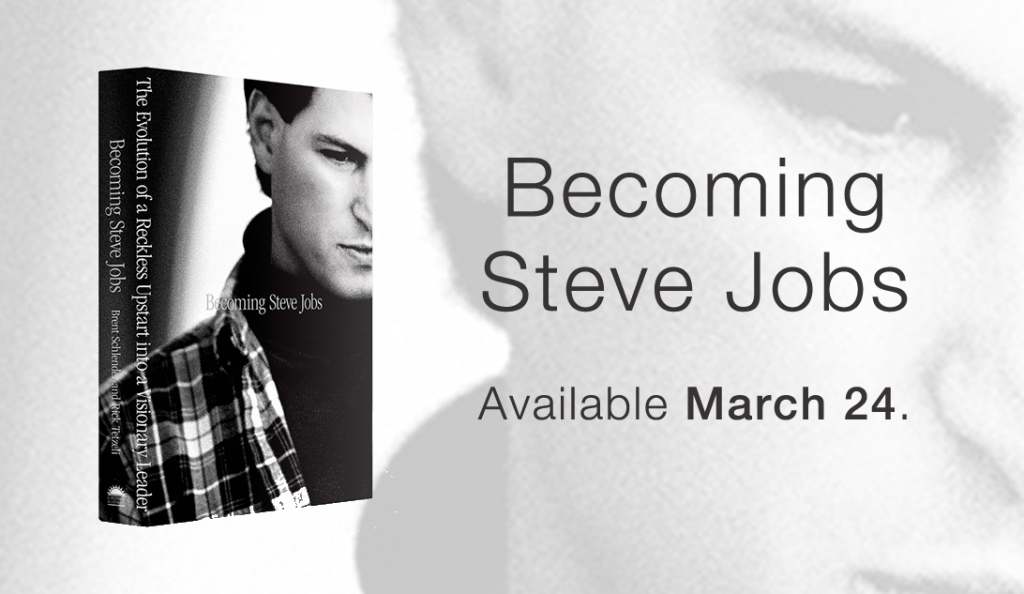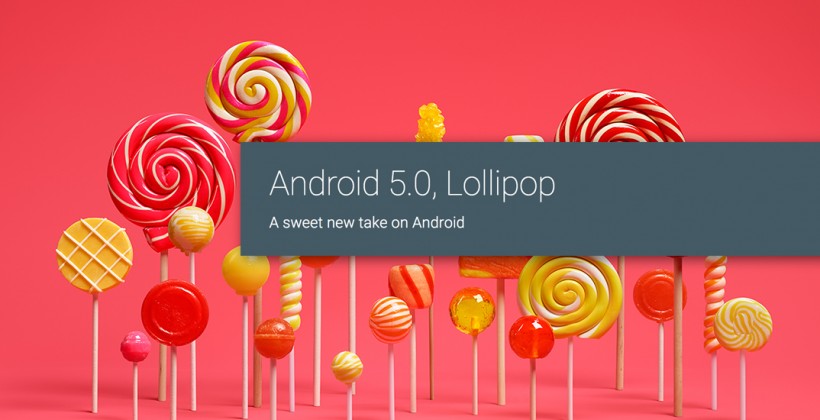Walter Isaacson’s exhaustive biography, Steve Jobs, may have been written at the behest of the visionary Apple founder himself, but no one at Apple likes it. Sure, it earned rave reviews and even secured movie rights, but Apple’s top executives feel like it didn’t do the polarizing genius justice.
And so, Tim Cook and co. are taking matter into their own hands. Becoming Steve Jobs, penned by written by Brent Schlender and Fast Company editor Rick Tetzeli, is the result and it goes on sale today.
The first person from Apple’s inner sanctum to voice his displeasure at Isaacson’s biography was design supremo Jony Ive, who told The New Yorker that his regard for Isaacson’s book “couldn’t be any lower.” Then, we heard from Apple exec Eddy Cue, who tweeted that Becoming Steve Jobs was the “best portrayal” of his former boss and “first to get it right.” Finally, there’s Tim Cook, in the pages of Becoming Steve Jobs itself, saying Isaacson’s tome did Jobs a “tremendous disservice.”
“It was just a rehash of a bunch of stuff that had already been written, and focused on small parts of his personality,” Cook is quoted as saying. “You get the feeling that he’s a greedy, selfish egomaniac. It didn’t capture the person.”
Schlender knew Jobs for more than 20 years, first as a reporter for the Wall Street Journal and later at Fortune. Over the course of dozens of encounters, they became about as friendly as Jobs got with any reporter. Once, Jobs invited Schlender and his kids over to his house to watch an early cut of Toy Story.
I had the opportunity to read Becoming Steve Jobs, and while most of it is a rehash of aspects of Job’s life that we have all heard before, there nevertheless are some interesting revelations in its pages. Here are some of them, in case you can’t be bothered to read the full thing.
Jobs’ famous commencement speech at Stanford University in 2005 almost got derailed before it started. A police officer turned him and his family away from the campus, saying the parking lot was full, and expressed skepticism that the scruffy Jobs, wearing his usual jeans and black T-shirt, was really the event’s keynote speaker.
What was likely the last movie Jobs watched before his death was an odd choice: “Remember the Titans,” the sentimental Disney drama about a racially integrated high school football team in 1971. “I was so surprised he wanted to watch that movie,” Cook recalled. “I was like, ‘Are you sure?’ Steve was not interested in sports at all.”
In 2009, when Jobs was dying of cancer, Cook offered his boss a piece of his liver but Jobs refused, saying, “No, I’ll never let you do that.”
Bill Gates came up with Apple’s Digital Hub strategy. In January 2000, at the peak of Microsoft’s market value, Bill Gates used a keynote speech at the Consumer Electronics Show to announce a vision for interconnected computers, appliances, car stereos, telephones, televisions, and PDAs initially called “Consumer-Electronics-Plus.” After a rushed meeting of top Apple execs, Jobs and his team ironically took Gates’ idea and executed on it, calling it “the Digital Hub” when introducing iTunes in early 2001.
Before he became Apple’s CEO, Tim Cook was responsible for dumping tens of thousands of unsold, unwanted Macs into a landfill in 1998. Remember, this was well before Apple got into recycling in a big way, so no need to make a fuss about it now.
Becoming Steve Jobs is published by Crown Business/Penguin Random House, and is currently available as a pre-order from Amazon ($12+) and Apple’s iBookstore ($13).



